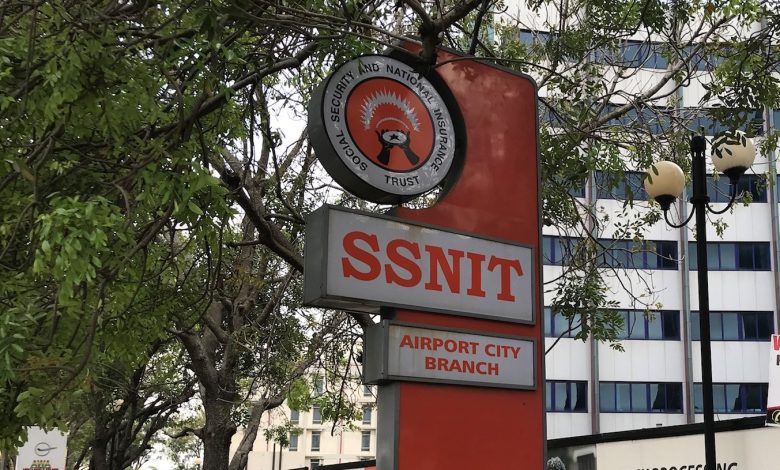SSNIT expands coverage to self-employed

|
Getting your Trinity Audio player ready...
|
The Social Security and National Insurance Trust (SSNIT) has expanded its basic social security scheme to cover self-employed persons who before were not obligated by law to join the scheme.
The initiative, dubbed Self-Employed Enrolment Drive (SEED), seeks to fulfil the mandate of SSNIT to extend pension coverage to all workers, including the self-employed.
At the launch of SEED in Kumasi
, the Director-General of SSNIT, Dr John Ofori-Tenkorang, said the initiative would help to redefine social security in the country and give hope to the self-employed that they could also retire in dignity and comfort.
Dr Ofori-Tenkorang said currently, only about 1.9 million of the estimated 10 million workers in the country were covered under the SSNIT scheme.
He stressed that out of the 1.9 million active SSNIT contributor base, just 32,000 — representing about two per cent — were self-employed persons, “implying that most self-employed workers would have to rely on the state or family and friends for financial support when they are old and retired”.
“This unbalanced coverage of workers is a sad commentary of our social protection system, and we have a responsibility to change this narrative.’’
“The SSNIT scheme is not for formal sector employees only; it is for all workers in Ghana,” he noted.
Launch
In attendance at the launch were the Mamensenhene, Nana Osei Kwadwo II, who represented the Asantehene, Otumfuo Osei Tutu II; the Chief Executive of the Kumasi Metropolitan Assembly, Samuel Pyne, and the Board Chairperson of SSNIT, Elizabeth Ohene.
The educational programme also adopted a drama enacted by the Centre for National Culture, Kumasi, to demonstrate the need to take advantage of the social intervention programme.
Dr Ofori-Tenkorang urged self-employed workers who had not registered under the scheme to visit the nearest SSNIT office, contribute regularly on their right earnings using ssnitpay, an electronic payment platform, via mobile money and debit cards.
Ms Ohene expressed satisfaction about the initiative, but also pointed out that the nation had not paid attention to the provision of pension for the self-employed.
She said reports indicated that of the two million people in the country who were above 60 years, only 11 per cent received regular pensions.
“What this means is that a lot of people in active service are burdened with taking care of their aged parents and relatives.
This trend is expected to continue if immediate steps are not taken to address it,” she said.




